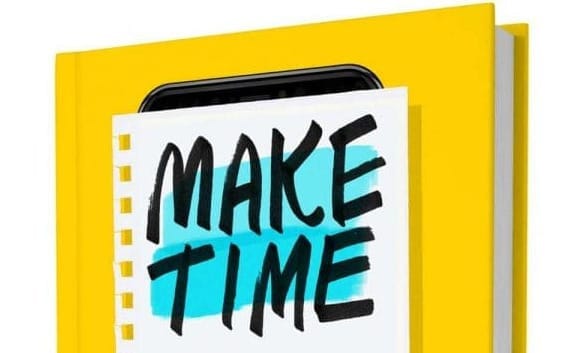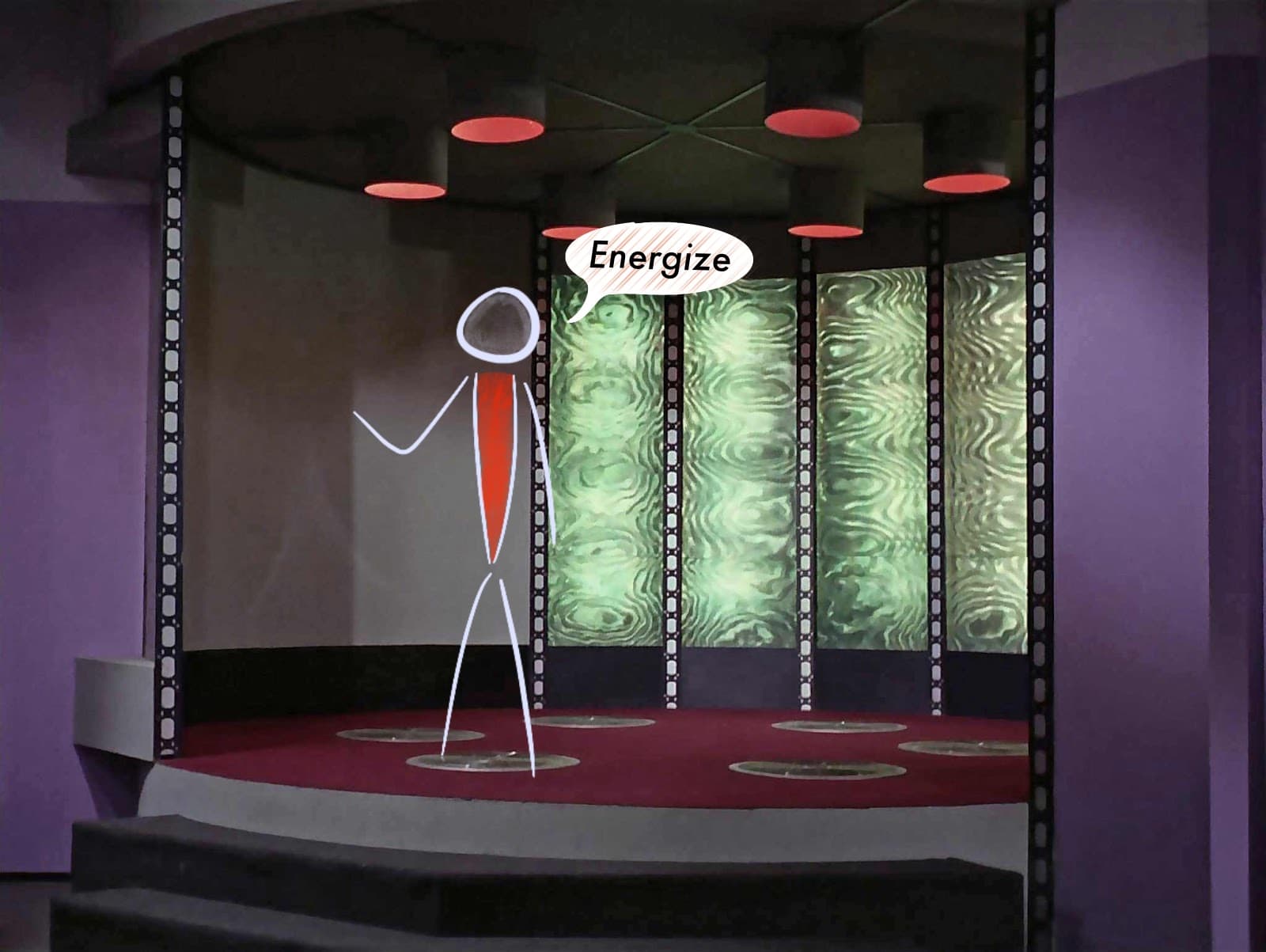Make Time - a book review

I bought "Make Time" 4 months ago, mostly because I felt that I never have time to do what I really want to do.
Since then I have picked it up and consequently forgot about having read some of it twice already, in a way proving my own point that I indeed have no time (or that's what I thought, at least).
With this on my mind I have picked the book up a third time, and have managed to finish it surprisingly quickly. It was a conscious read - the "what can I learn from this" type. In fact, my first highlight was from page 3:
Whatever you want time for, we think Make Time can help you get it
And to it I have added my only note (the other 48 highlights didn't get any):
I wonder if the book delivers on this
The premise of the book is that we all have the same amount of time, every day, and the secret lies in how we choose to spend the time that we have.
The authors introduce the concept of Infinity Pools and Busy Bandwagons, which usually take up most of our times. And, speaking from personal experience, they really do.
Infinity Pools are sources of infinite time-wasting-capabilities. Be it Youtube, Facebook, Twitter, Netflix, Reddit, or anything that's a "refresh for more content" type. There's just no end to how much time you can spend on these sites, apps, and TV channels
Busy Bandwagons, on the other hand are things that, well, keep you busy. Emails, Slack, never ending Todo lists. Be more productive, do more in less, and the like.
The problem with both of these is that there's no end to them. Regardless of how many emails we answer, we always get more. There's also an infinite supply of content everywhere we look. In a sense, they take up as much time from our lives as we give them.
This book provides a framework-esque system, and many many tips and ideas on how to help you become better at getting away from the infinity pools and the busy bandwagons, and instead focus on what you actually want to do in your free time. In addition, it also provides some ideas on how to stay in the zone and resist the urge of procrastination.
In the book's actual words (from page 19):
Make Time Is Just Four Steps, Repeated Every Day
These brains were meant for steppin'
Highlight, Laser, Energize, and Reflect
The book argues that instead of spending time on endless content and being busy for the sake of being busy, you should instead choose a Highlight each day, and aim to do that instead. This could be anything you want to do - a hobby, or spending time with the family, researching paint colours for a renovation, anything.
Then, when it comes time to actually spend time on the highlight, Laser Focus on it. Turn off any distractions, close the door to others, immerse yourself in your highlight, create barriers for procrastination, the list goes on.
You'll eventually get tired, which is why you need to Energize. There’s a couple of ideas on how to stay on top of your game both mentally and physically - including tips on exercising, eating, consuming caffeine and sugary stuff, and also about some steps you could do to get better at sleeping.
Lastly, Reflect on the day, what went well, what could've gone better.

The book contains a bunch of tips for the above 4 - things you can try to do. It acknowledges that some are easier said than done, and that not every tactic works for everyone, but they are all worth a try at least.
It closes out with reiterating that it's all just 3 (+1) steps
The Highlight hypothesis If you set a single intention at the start of each day, we predict you’ll be more satisfied, joyful, and effective.
The Laser hypothesis If you create barriers around the Busy Bandwagon and the Infinity Pools, we predict you’ll focus your attention like a laser beam.
The Energize hypothesis If you live a little more like a prehistoric human, we predict you’ll enhance your mental and physical energy.
Where the Reflect part is about you taking notes about what worked and what didn’t.
Should I read it?
If you’ve ever looked back at your previous hour and regretted your choice of entertainment, thought that “Geez, I could’ve spent that better”, then yes. You should.
It gave me some perspective and understanding about what I’m doing and when I’m doing it. For example, putting the teachings of the book into practice, I’ve read most of the book while commuting to work and back.
I have also cut back on the infinity pool usage by not going to Youtube / Podcasts / Instagram when I’m bored. Of course I still use them for relaxing and as learning opportunities, but not so much for “just pass the time please thanks”
Many of the 87 tips and tricks won’t work for most of us, but if at least some of them work, I call it a success.
And I do call it a success.
See for yourself:

Until next time 👋
